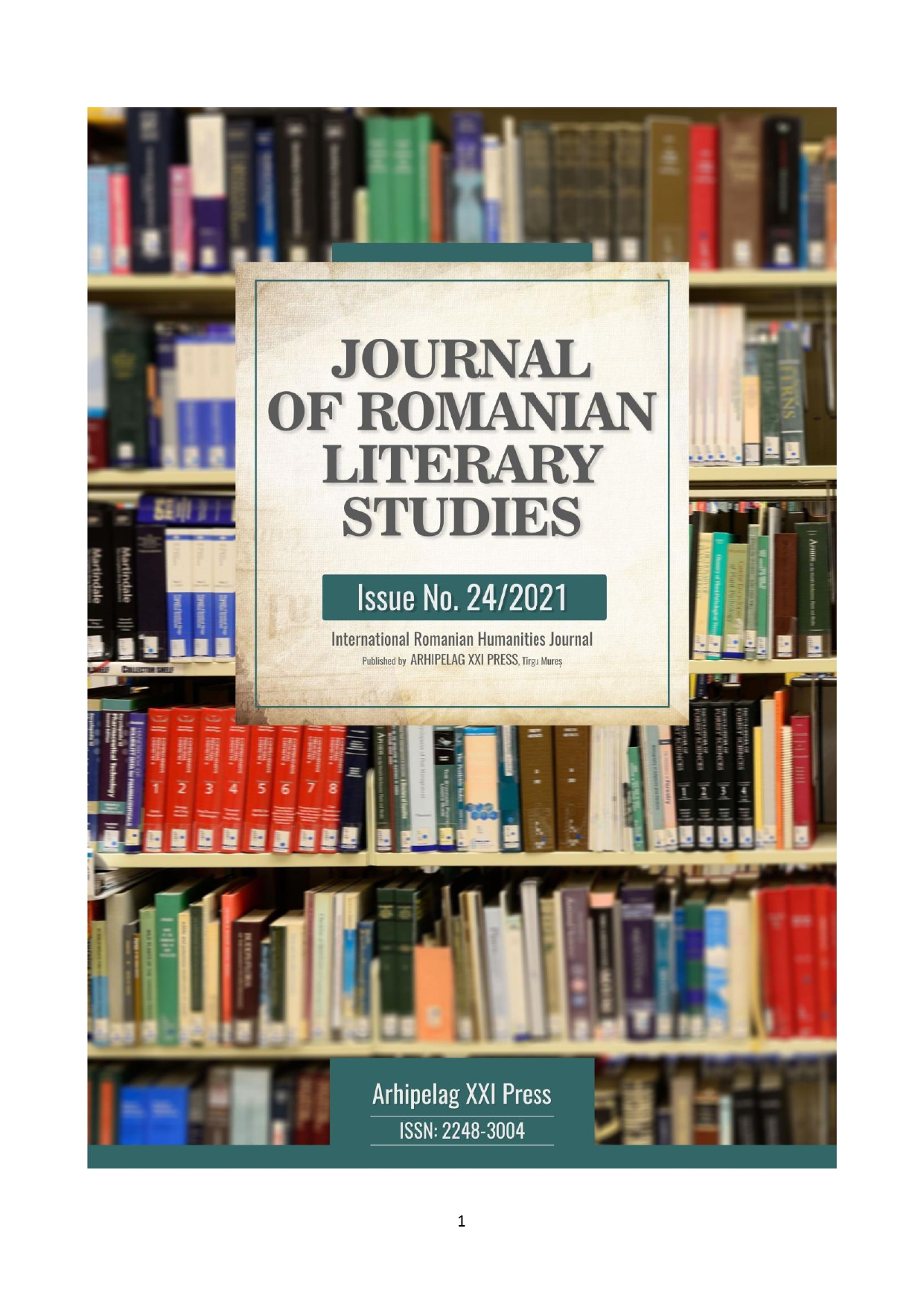NEAGOE BASARAB – THE CONTINUATOR OF THE CONSTANTINIAN TRADITION THROUGH HIS WRITINGS
NEAGOE BASARAB – THE CONTINUATOR OF THE CONSTANTINIAN TRADITION THROUGH HIS WRITINGS
Author(s): Isabela-Elena SpireaSubject(s): Literary Texts, Romanian Literature, Philology, Theory of Literature
Published by: Editura Arhipelag XXI
Keywords: Neagoe Basarab; continuator of the constantinian tradition; teachings; religious literature; text comparison;
Summary/Abstract: This work is part of an extensive study that will be based on ancient biography and medieval hagiography, referring to the life of Constantine the Great under the symbol and power of the cross. To carry out this study, the following will be aimed at: rediscovering the tradition and truth about Constantine, reinterpreting the literature of the present, witnessing the journey of the Illyrian emperor from the petrarchy to the end of his earthly reign, observing the point of view expressed by the ostentatious teachers in the field of universal church history as an intercultural dialogue, discovering more about important supporters of the emperor: Eusebius of Caesarea, Eftimie of Tarnovo and Neagoe Basarab, especially because the latter is considered to be a keeper of our national identity. Even if the following work capitalizes on religious sources, it does so with a well-determined purpose: to create a portrait as close as possible to the true one of the emperors who has shaped faithfully, but also with the skill of a valuable ruler, the destiny of an empire and of all Christianity. Many assumptions and just as many comments have been made about Neagoe Basarab and His Teachings. Moreover, the literary work was disassembled, weighing the value of each part and disregarding the value of the whole. Countless were the questions that were raised about the authenticity of the text, as well as those that referred to the division of the nucleus into "laic" and "religious", causing the outbreak of controversy. Many have wondered and still wonder, advancing various assumptions, with regards to Neagoe's dual personality: that of the ruler and that of the monk, in a perfect interweaving of morality and faith. The answer could be, to some extent, identified if one starts from the idea that, in the hierarchy of medieval values characteristic of the Romanian countries, that the ruler had to be a fierce fighter to maintain society within its Christian limits, given that the Ottoman Empire was traversing an obvious period of flowering and growth and which offered a different perspective: Islam, with everything new and more than gloomy that it would have brought.
Journal: Journal of Romanian Literary Studies
- Issue Year: 2021
- Issue No: 24
- Page Range: 1414-1427
- Page Count: 14
- Language: Romanian

